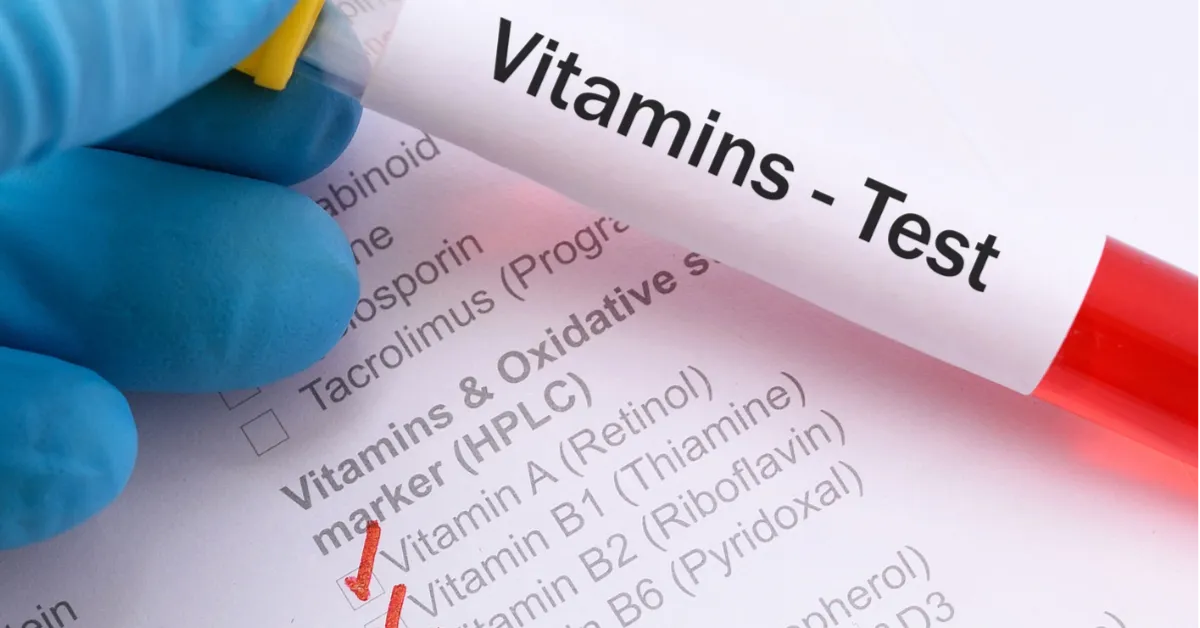ASTM D3788 Vitamin D Profiling in Edible Oils
The ASTM D3788 standard provides a comprehensive method to profile Vitamin D content in edible oils. This service is particularly valuable for ensuring compliance with international standards and providing insights into the stability and quality of vitamin fortification processes.
Vitamin D profiling involves quantifying different forms of Vitamin D, including cholecalciferol (D3) and ergocalciferol (D2), as well as their metabolites. This is crucial for ensuring that edible oils meet nutritional requirements set by regulatory bodies such as the European Union and the US Food and Drug Administration.
The process begins with the collection of a representative sample from the production facility or storage area. The sample must be free from contamination, which can affect the accuracy of the results. Once collected, the sample undergoes preliminary analysis to ensure it meets the specified criteria for moisture content, particle size distribution, and other relevant parameters.
The actual profiling process involves several steps. First, the sample is prepared according to ASTM D3788 guidelines, which may include extraction methods tailored to the specific type of edible oil being tested. The extracted components are then analyzed using advanced chromatographic techniques such as High-Performance Liquid Chromatography (HPLC) coupled with Mass Spectrometry (MS).
This combination allows for precise identification and quantification of Vitamin D compounds, even in complex matrices like edible oils. The HPLC system separates the various components based on their chemical properties, while the MS provides detailed mass spectral data that can be used to confirm the identity of each compound.
The results are then compared against established reference values from international standards such as ISO 15267-3 and EN 14865. These references provide a benchmark for determining whether the Vitamin D content in the edible oil meets the required specifications. Any deviations from these benchmarks can indicate issues with the production process or storage conditions, which could impact the nutritional value of the final product.
Understanding the profile of Vitamin D in edible oils is also important for R&D purposes. By identifying the specific forms and levels of Vitamin D present, researchers can optimize fortification processes to ensure maximum efficacy while minimizing potential side effects associated with over-fortification.
- Environmental Impact: Ensuring accurate vitamin content in edible oils reduces waste by optimizing production processes and improving product quality. This contributes to sustainable practices within the food industry.
- Social Benefits: Accurate profiling supports public health initiatives aimed at preventing deficiencies or overconsumption of essential nutrients like Vitamin D.
Scope and Methodology
The scope of ASTM D3788 covers the detailed steps required to accurately profile Vitamin D in edible oils. This includes sample preparation, extraction methods, chromatographic analysis, and interpretation of results.
The methodology outlined in this standard ensures that all samples are handled consistently across different laboratories, thereby enhancing reproducibility and reliability of test outcomes. Key aspects include:
- Sample collection from production or storage areas
- Preliminary analysis to ensure sample quality
- Extraction techniques specific to the type of edible oil being tested
- HPLC-MS based profiling for precise quantification and identification
Eurolab Advantages
At Eurolab, our expertise in ASTM D3788 ensures that we provide accurate, reliable, and consistent results every time. Our state-of-the-art facilities equipped with cutting-edge technology guarantee precision and accuracy in all our tests.
- Comprehensive Expertise: Our team of highly skilled professionals has extensive experience working with international standards including ASTM D3788.
- Advanced Technology: Utilizing the latest chromatographic and spectrometric equipment, we deliver precise results that meet stringent regulatory requirements.
- Consistency: Our rigorous quality control measures ensure consistent test outcomes across multiple batches or samples.





